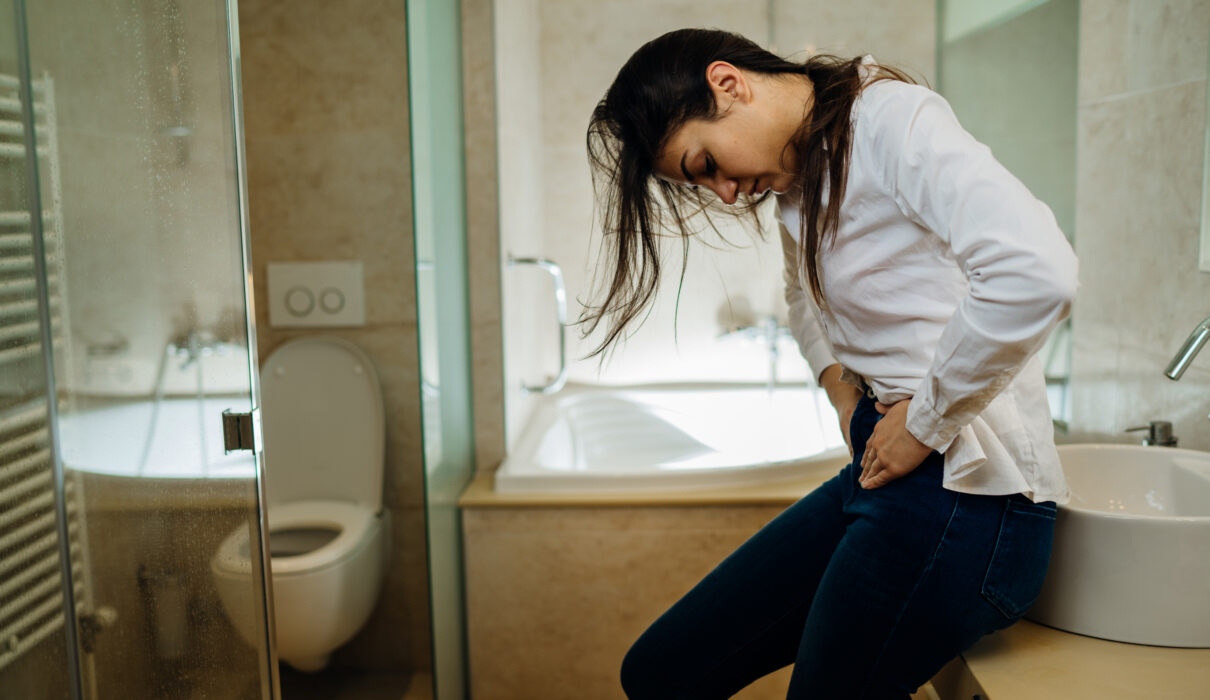Crohn’s disease is a chronic inflammatory bowel disease that can affect any part of the gastrointestinal tract. But is there a link between this condition and haemorrhoids? Here’s some insight from leading colorectal surgeon in Melbourne, specialising in dealing with haemorrhoids symptoms and providing state-of-the-art haemorrhoids treatment.
While often associated with abdominal pain, diarrhea, and fatigue, it can also lead to a range of complications, including those affecting the anal and rectal area. One such complication is haemorrhoids.
Haemorrhoids, or piles, are swollen blood vessels in the anus and lower rectum. They can be internal or external, and symptoms can range from mild discomfort to severe pain and bleeding. While haemorrhoids are a common condition affecting many people, their relationship with Crohn’s disease is a topic of interest for both patients and healthcare professionals.
The Link Between Crohn’s Disease and Haemorrhoids
While the exact mechanisms linking Crohn’s disease and haemorrhoids are not fully understood, several factors contribute to their association:
- Inflammation: Crohn’s disease is characterised by chronic inflammation of the digestive tract. This inflammation can extend to the anal and rectal area, potentially contributing to the development or worsening of haemorrhoids.
- Diarrhea: A common symptom of Crohn’s disease, diarrhea can put increased strain on the anal and rectal area, leading to inflammation and the development of haemorrhoids.
- Constipation: While less common in Crohn’s disease, constipation can also contribute to haemorrhoid formation by increasing pressure on the anal veins.
- Anal Fissures: These are small tears in the anal lining that can occur in people with Crohn’s disease. They can often lead to secondary haemorrhoid development.
Symptoms and Diagnosis
Haemorrhoids symptoms in people with Crohn’s disease can be similar to those without the condition. They may include:
- Pain or discomfort in the anal area
- Bleeding during bowel movements
- Itching or irritation
- A lump or bulge near the anus
It’s important to note that these symptoms can also be associated with other Crohn’s disease complications, such as anal fissures or abscesses. Therefore, a thorough evaluation by a colorectal surgeon is crucial for accurate diagnosis and appropriate management.
Treatment and Management
The haemorrhoids treatment for people with Crohn’s disease often involves a combination of lifestyle modifications and medical interventions.
- Lifestyle changes: Maintaining good bowel habits, including regular exercise and a high-fibre diet, can help prevent constipation and reduce strain on the anal area.
- Over-the-counter treatments: Topical creams and ointments can help alleviate discomfort and itching.
- Medical treatments: In more severe cases, your colorectal surgeon may recommend stronger medications, such as corticosteroids or immunomodulators, to reduce inflammation.
- Surgical interventions: In rare cases, surgery may be the recommended haemorrhoids treatment, particularly if they are causing significant pain, bleeding, or prolapse.
Prevention and Management
While it’s not always possible to prevent haemorrhoids in people with Crohn’s disease, managing the underlying condition is crucial. This involves working closely with your gastroenterologist to control inflammation and reduce the frequency and severity of Crohn’s flares. Additionally, maintaining good bowel health and avoiding excessive straining can help lower the risk of developing haemorrhoids symptoms.
Need Haemorrhoids Treatment? Speak to a Leading Colorectal Surgeon in Melbourne
The relationship between Crohn’s disease and haemorrhoids highlights the complex nature of this chronic condition. While haemorrhoids can be a bothersome complication, effective management strategies are available. If you are experiencing haemorrhoids symptoms or any other anal or rectal issues, it’s essential to consult with a colorectal surgeon in Melbourne for a comprehensive evaluation and personalised haemorrhoids treatment plan. Remember, you can request a female surgeon if this makes it more comfortable for you!


